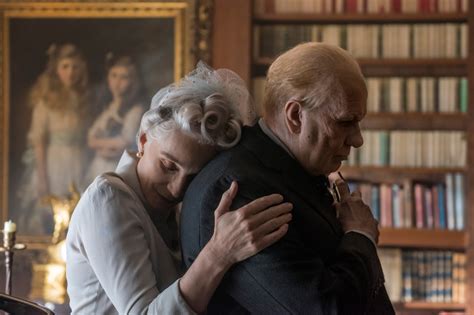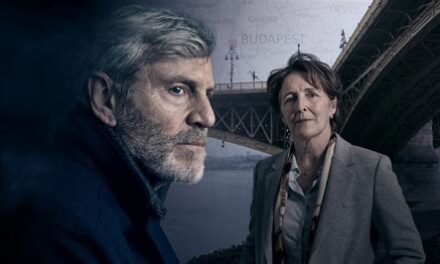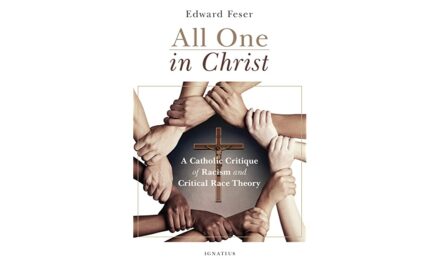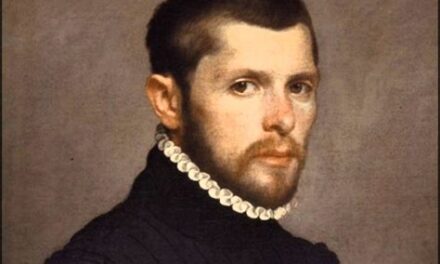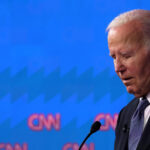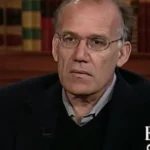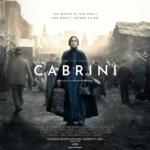It is often difficult to assess who among one’s contemporaries qualifies as a great man. Anyone who looks at the comments following just about any article about current political affairs—especially about occupants of the Oval Office—will see how quickly people are willing to enroll sitting or recently retired leaders among the great.
I’ve seen both Barrack Obama, possibly the most corrupt man, and Donald Trump, possibly the most trivial man, to hold high office in our country’s history, praised in language formerly reserved for George Washington (that is, as he was appreciated in pre-Antifa years); which is to say, they loom in the minds of many Americans as “great” almost without qualification and certainly without justice.
The value of time often lies in that it allows us to reconsider our hasty judgments about the worthiness of famous men, even to the point that they lose both worth and fame. Uncontestably, Sir Winston Churchill stands out in history as a great man, admired both intelligently and unreservedly by very astute writers, such as the late Professor Harry Jaffa, historian William Manchester, and Paul Johnson, less so by others, even to the point of vilification (Patrick Buchanan, for example).
Darkest Hour, directed by Joe Wright, chronicles a brief period in May 1940 in which Britain, with its forces retreating en masse in France toward Dunkirk, turned to Churchill, played impressively by Gary Oldman, as its Prime Minister. The choice was not a wholly popular one, and although many, perhaps even a majority, of Britons felt Churchill was the only man who could lead the country in this time of singular crisis, the professional political class looked on him with skepticism.
It’s worth observing too that however reluctantly the king and his ministers nodded to Churchill’s succeeding Neville Chamberlain, few thought it likely he could stem the tide of the Nazi advance. King George VI (Ben Mendelsohn) is adamantly opposed to Churchill’s taking the reins of power, preferring Edward Wood, the Earl of Halifax (Stephen Dillane).
But even Halifax knows, as does Chamberlain (Ronald Pickup), Churchill is the better man to lead a coalition war cabinet—always keeping in mind that if he loses the confidence of cabinet, parliament, and king, Halifax himself will be waiting in the wings to pick up the pieces. And picking up the pieces means peace with Hitler under a new status quo in which Poland, Belgium, and a good chunk of France are under Nazi control.
The film moves at a taut pace through the crisis almost on a day-by-day progression from Chamberlain’s resignation to Churchill’s stirring “We shall never surrender” speech as Dunkirk is evacuated. Like Christopher Nolan’s film earlier this year, there is no actual fighting in Darkest Hour, but there is the feel of war, of imminent disaster, and of conquest at the hands of a tyrant.
These events we should know already, but where the film excels is in its depiction of the often forgotten turmoil within the government. Too many figures of real consequence—Chamberlain and Halifax in particular—see negotiation as the only option. Halifax presses Churchill to open lines of communication with an all-too-eager Mussolini as an intermediary for the “brokered” peace with Germany.
As his king remains distant and fellow ministers grow more and more scathing in their opposition, Churchill looks where he can for support. This need highlights the role of his wife Clementine (Kirstin Scott Thomas) who offers steady encouragement in moments of doubt.
Some critics have complained about Oldman’s and Wright’s Churchill in moments of depression during this period, and I suppose a more old-fashioned plot would show the prime minister as unflinchingly stalwart. But anyone who has even the least knowledge of what it means for a man to live through a crisis, much less the destruction of one’s nation and way of life, will find the chinks in Churchill’s armor more than believable. These were dark days in which the real and the film Churchill thought it would be a miracle if they could rescue thirty thousand men from Dunkirk, and in which the likelihood of survival—including his own personal survival—beyond the rescue was a matter of grave uncertainty.
The film has two turning points, of which I will say only a little. One is a late visit by the king who finally offers, with some restraint, his support. The second, of questionable historicity, recounts Churchill’s decision (on his way to the climactic address of parliament) to take the London underground where he quizzes the people in his car on whether they should keep up the fight. Their response—man, woman, and child—is never surrender. As I say, I doubt it ever happened.
Churchill was very open about his preparation for his speeches, how he found it necessary to write them out, memorize them, and then speak: nothing off the cuff. It’s hard to believe “We shall never surrender” was not as pre-planned as every other speech he delivered. Nevertheless, the scene is effective, first because it probably presents what the British public did think at the time; second, because it shows a chasm that divided the people from so many professional politicians then, much as we see today in Europe where chancellors, prime ministers, and presidents are all for the mass immigration their peoples oppose.
Oldham’s Churchill appears perhaps a bit older than the actual man of 1940—or so thinks my wife—and his moments of mild dementia push his human weaknesses a bit too far, but not so much as to spoil an otherwise fine performance. Stephen Dillane’s Halifax is outstanding as is Thomas’ Clemmie. And Lily James’ Elizabeth, a typist whose brother has been killed earlier in the fighting, is there just enough to give the audience a sense of the costs of standing firm, without letting the character become a soapy, pacifist cliché.
Darkest Hour may not be the greatest film of its kind, but right off the top of my head, I can’t think of a better one. Nay-saying critics will shoot their barbs at it in the short run, but I suspect history will be kinder.

